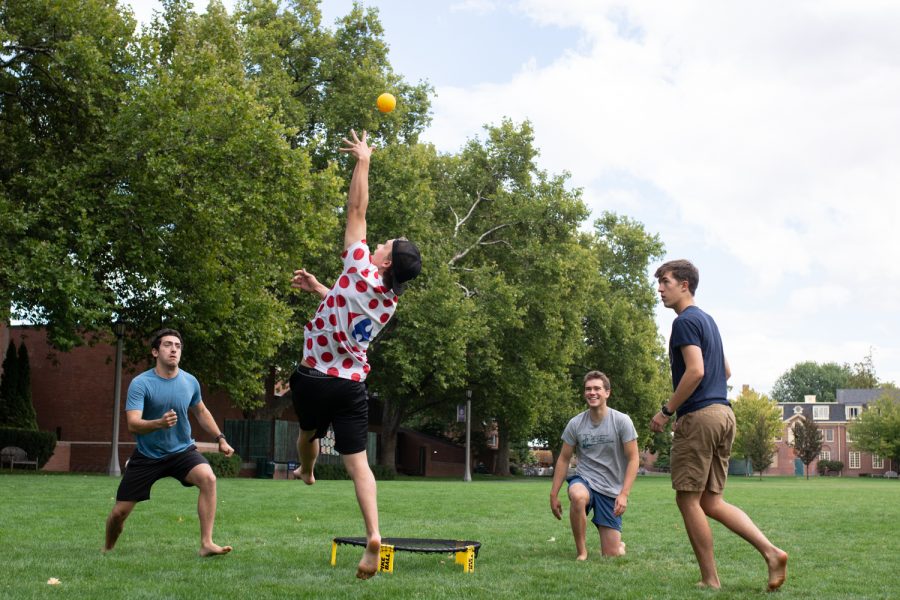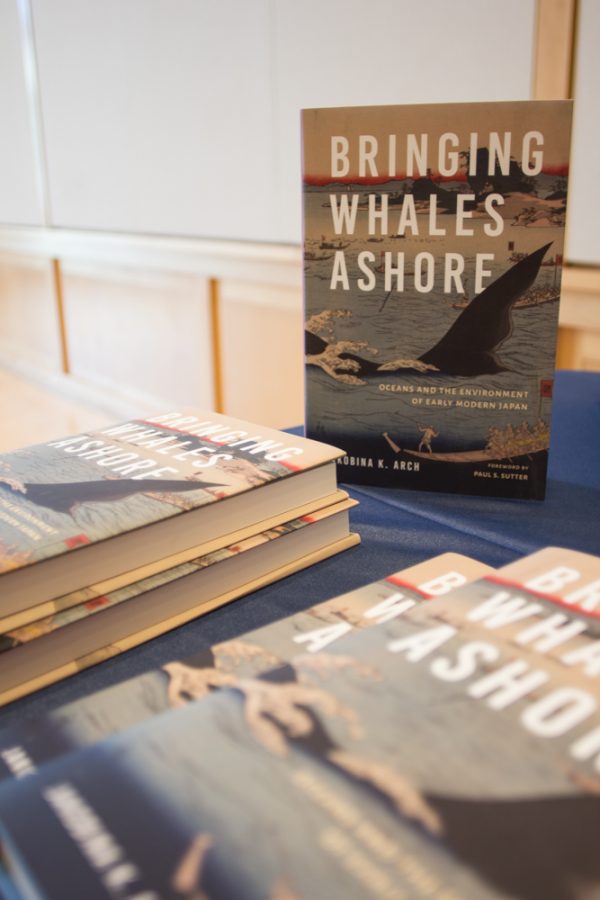Everyone so often we see the public rise up in arms about how a certain athlete has wronged them, or an athlete will become frustrated with how he is being treated by the fans. We see it when teams are good and bad, perpetual bottom feeders, up and comers, or elite programs. The fans want to be as close to the action and its athletes, but how demanding should the general population be? With the constant storyline of concussions and physical impairment after their careers athletes are obviously giving a lot to be entertainers. The fans obviously want a hard hitting fast paced game, but at what point is an athlete even able to call it quits? We saw Barry Sanders walk away from the NFL in his prime because he didn’t want to play anymore. Obviously, Detroit Lions fans weren’t very pleased because Sanders was the key to their future as a franchise. The fans are the ones that make the multi-million dollar contracts, but the sense of entitlement that comes with being a fan can sometimes blurs the line of what constitutes being an athlete. With the rise of social media an athlete is held accountable at all times, their Twitters, Facebook pages, Instagrams, everything is taken into account by fans. The fan wants to be as close to the action, but when does it start infringing on the players and what they deserve as people?
Bryce Harper made headlines recently about stating his displeasure about the sale of the jersey he wore on the Nationals Opening Day, his first in the majors. Now there are two sides to this obviously, his side and the side of the fan who paid over $13,000 for the rights to own said jersey. Harper said that he wanted to keep the jersey for himself, as a memento for the hard work he had put in finally achieved the dream of any baseball player, make the opening day lineup. Harper is still young, he turned 20 last October, and just because he is a baseball prodigy doesn’t mean he isn’t entitled to hold on to something. As a twenty year old myself I would be also be pretty heated if someone came into my room, took any one of my shirts, much less the one I spent the first nineteen years of my life trying to earn, and sold it to a random person on campus. People idolize these athletes without thinking of what these things mean to them. Fans decide that because they get paid millions of dollars (which Harper doesn’t) they aren’t entitled to have certain things like private social lives or keep their own memorabilia. Bryce Harper has become just the latest victim of living in the spotlight and having people want a piece of him, just like so many other athletes. I’m not saying that buying memorabilia is immoral, I have game worn jerseys hanging in my room, but athletes should have the discretion about what gets sold and what doesn’t.
There are only a few times I have glimpse into the lives of top tier athletes, but the first might have been the most memorable. I was given the opportunity to attend an autograph session at the San Francisco 49ers training camp when I was twelve. I went armed with every card of every 49er I had in my arsenal hoping to somehow get Alex Smith, the 49ers first pick of the most recent draft, to sign some things for me. I, by some miracle, got his attention and he came over. I handed him my Alex Smith rookie card and asked him if he could sign it. Instead of doing what I thought was typical, just signing it, saying “hey kid.”, and going about his business he paused. He looked at the card with amazement and said “I haven’t seen this one yet, mind if I read it?” and looked over what the card said about Smith’s pro prospects on the back. It dawned on my then that Smith was no different than me in when it came to that card. It was his picture on the front, but he was just excited it existed, same as me. He wasn’t some drone that played football for my enjoyment anymore, he got excited about little things, he was curious about what the world had to say about him, just as any other twenty year old would.
Every fan wants to be part of the team. That’s why when talking about you constantly hear fans refer to the team as “we” instilling the idea that they are part of it instead of “they” even when they know that their connections to the team end where the actual team starts. The athletes on the field are entertainers, and almost all of them know and to some extent embrace that role. On the flip side however they are living their dreams to the fullest and that has to be respected. I think its still fair that players live under a microscope, fans can be frustrated if their teams star player is photographed drinking the night before a big game, but its important to remember how old these guys are. A twenty five year old has a life to live and can be pretty fragile mentally, and those things will only be exacerbated by having over a million people criticize and critique them over every little thing they do. Pro athletes owe their fans their full effort in games and properly preparing for said games, as that is their job. Outside of that though, it’s pretty limited. Players are just like us; they aren’t different in any way other way other than physically. It’s important to keep that in mind next time we go to a game and call a twenty one year old worthless for dropping a pass, missing a shot, or striking out. Athletes might be the product of the fans, but that doesn’t mean we as fans get to dictate their lives. Athletes owe us nothing when it comes down to it, and we have to realize that before athletes start being driven into early retirements because they can’t take the criticism any longer.





